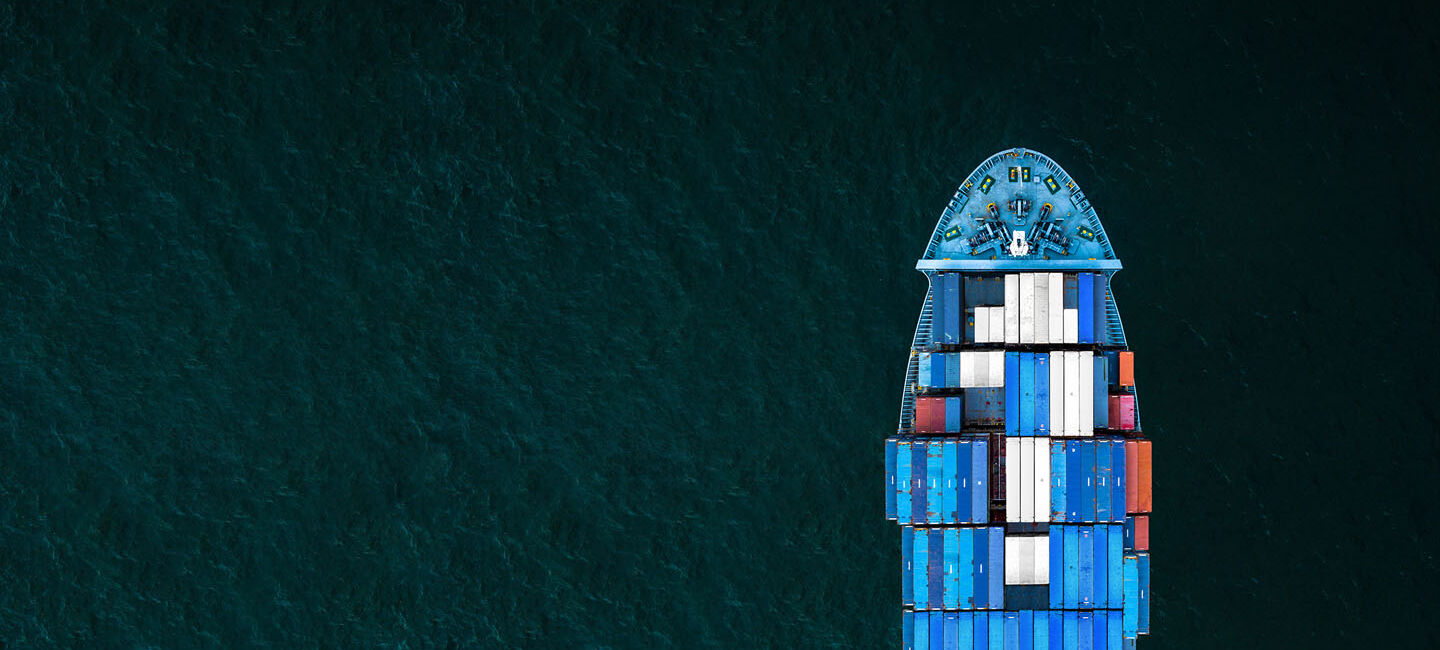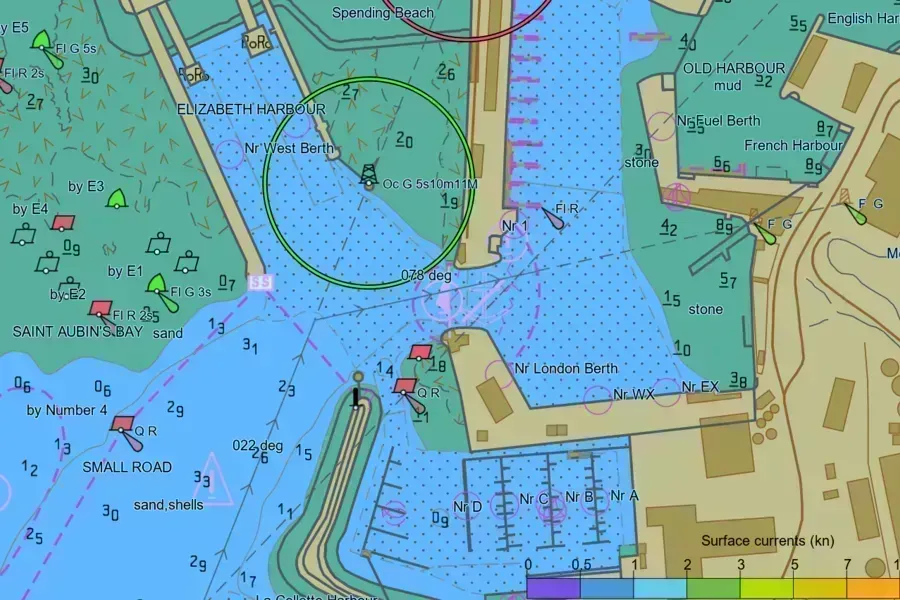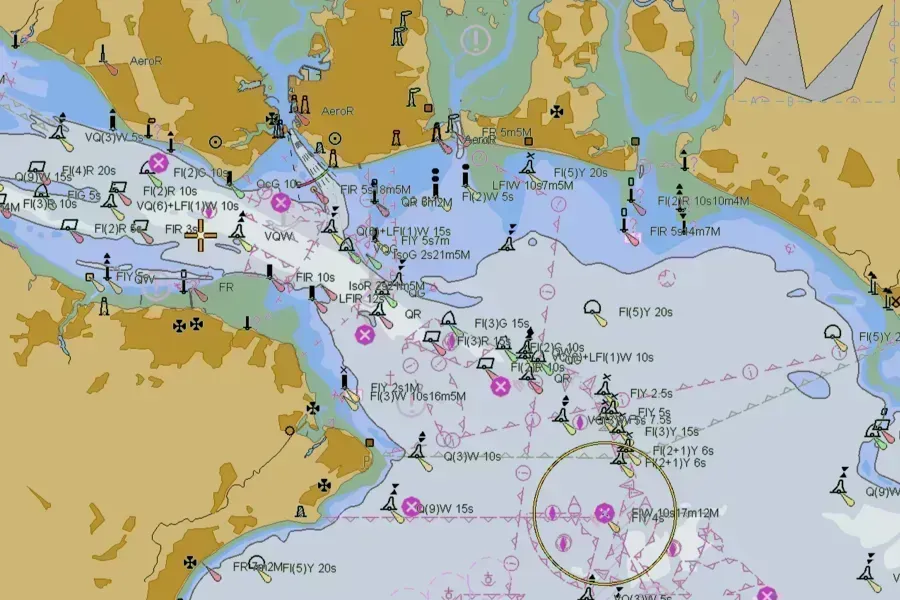Exploring the key topics and themes covered at our SMM seminars
Exploring the theme Navigating the Maritime Future, our seminars at SMM in Hamburg presented an excellent opportunity to discuss how the next generation of navigational technologies will help the maritime industry address some of its most pressing challenges.
Over three sessions, the UKHO's Chief Executive, Peter Sparkes, Head of Technical Partnering, Tom Mellor, and Senior Product Manager, Jason Scholey, shared their views and discussed crucial topics.
An era of digital transformation
"Whether your vantage point is from the boardroom or the bridge of a ship", began Peter Sparkes in his welcome address on the first day of the event, "it is undoubtedly going to be a challenge to navigate the uncharted waters of the future."
Peter Sparkes set the scene of a sector experiencing unparalleled change, discussing how new technology – underpinned by the International Hydrographic Organisation's S-100 data standards – will significantly enhance positional and situational awareness capability.
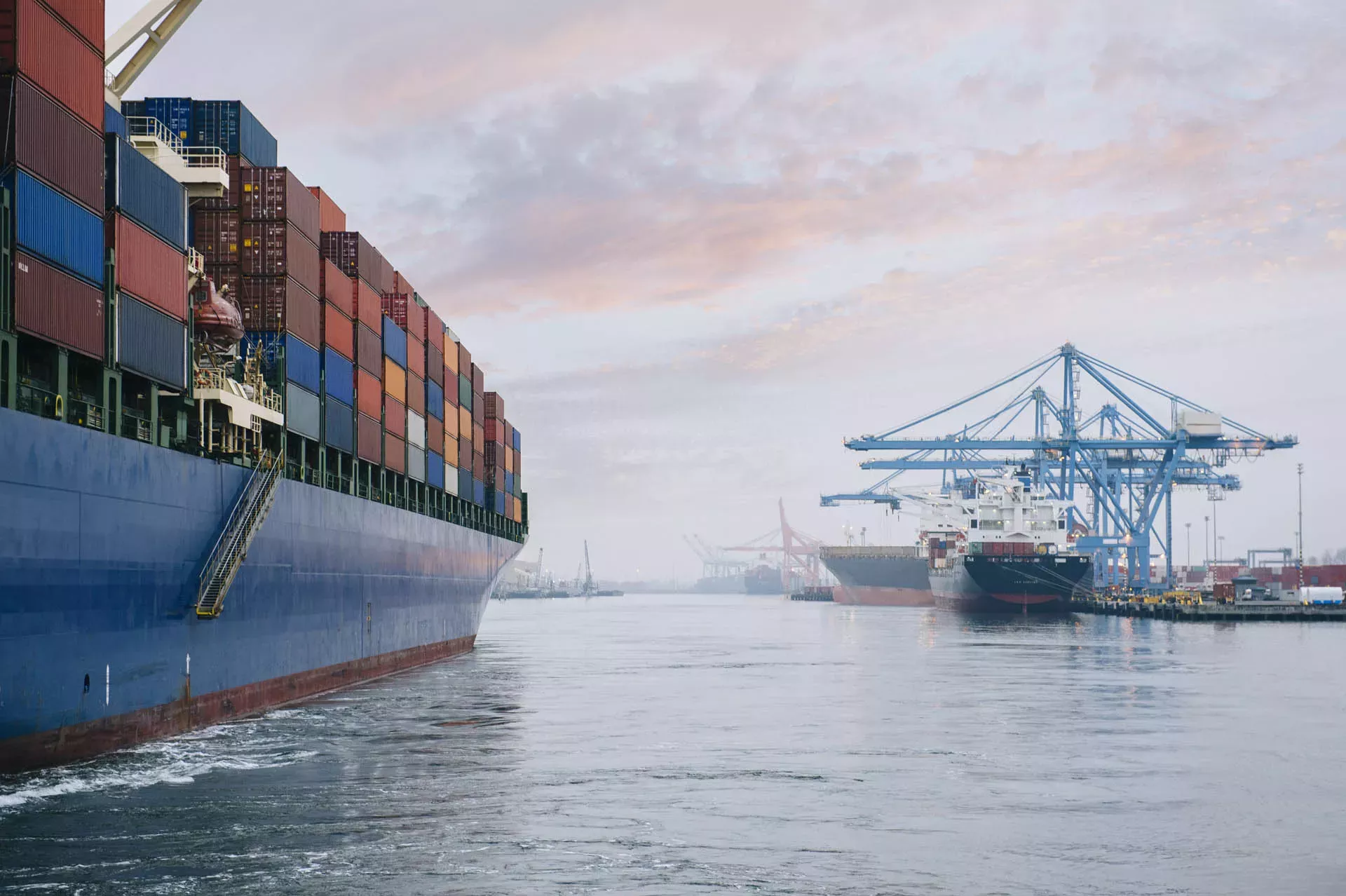
"Despite the scale of the challenges we all face, the next generation of navigation technology will deliver a huge leap forward in capability", he continued, "bringing us tools that will enable us to make smarter, faster decisions about the operations of our vessels, and deliver the safe, secure and thriving oceans that we all seek."
By harnessing these exciting technological developments, Peter then went on to discuss how together we can help address some of the industry's most pressing environmental challenges, adding: "Marine data is one of the great unsung assets in our fight to protect our oceans, coastlines and environment, as well as to decarbonise maritime operations."
Peter outlined the role technology could play in decarbonising the maritime industry using cleaner fuels and novel propulsion systems. He explored how we could unlock data-driven efficiencies through smarter navigation across passage planning, voyage and route optimisation and port operations – particularly with the development of 'just-in-time' arrivals.
Meeting the changing needs of users
The opportunities presented by improved connectivity and data transmission were a key topic of discussion. Peter spoke about how the digitalisation of onboard systems, the rapid growth of the Internet of Things, and the improvement in broadband communications have brought the possibility of uncrewed and autonomous vessels within reach; this, he added, has led the UKHO to reconsider how data is best delivered for the future: "[we must] consider how we move from navigational portrayal that has been simplified to meet the needs of the human user, to navigation solutions that are data-rich and machine-readable."
While there is much work to support the industry with this transition, it will simultaneously pave the way for more innovative, digital solutions: "these next generation services are the building blocks of the latest wave of innovation, spanning voyage optimisation, green and digital shipping corridors, autonomous vessels, and more" Peter remarked.
The changing maritime landscape
Tom Mellor, Head of Technical Partnering and Jason Scholey, Senior Product Manager, then took to the stage to delve further into the changing maritime industry and drivers for change.
"In order to fully realise all the opportunities digitalisation will bring to our sector, we need reliable communications", explained Tom, "this critical infrastructure is the enabler for many of the technological developments of the future and will form the framework on which many new services will be built."
"Fortunately, this area is growing rapidly", he continued, noting developments in Low Earth Orbit communications satellites from companies such as Starlink, OneWeb and Telesat. These have the potential to dramatically improve satellite connectivity at sea, reducing the latency of navigational and safety updates while gathering onboard insights, supporting voyage optimisation and enhancing safety at sea.
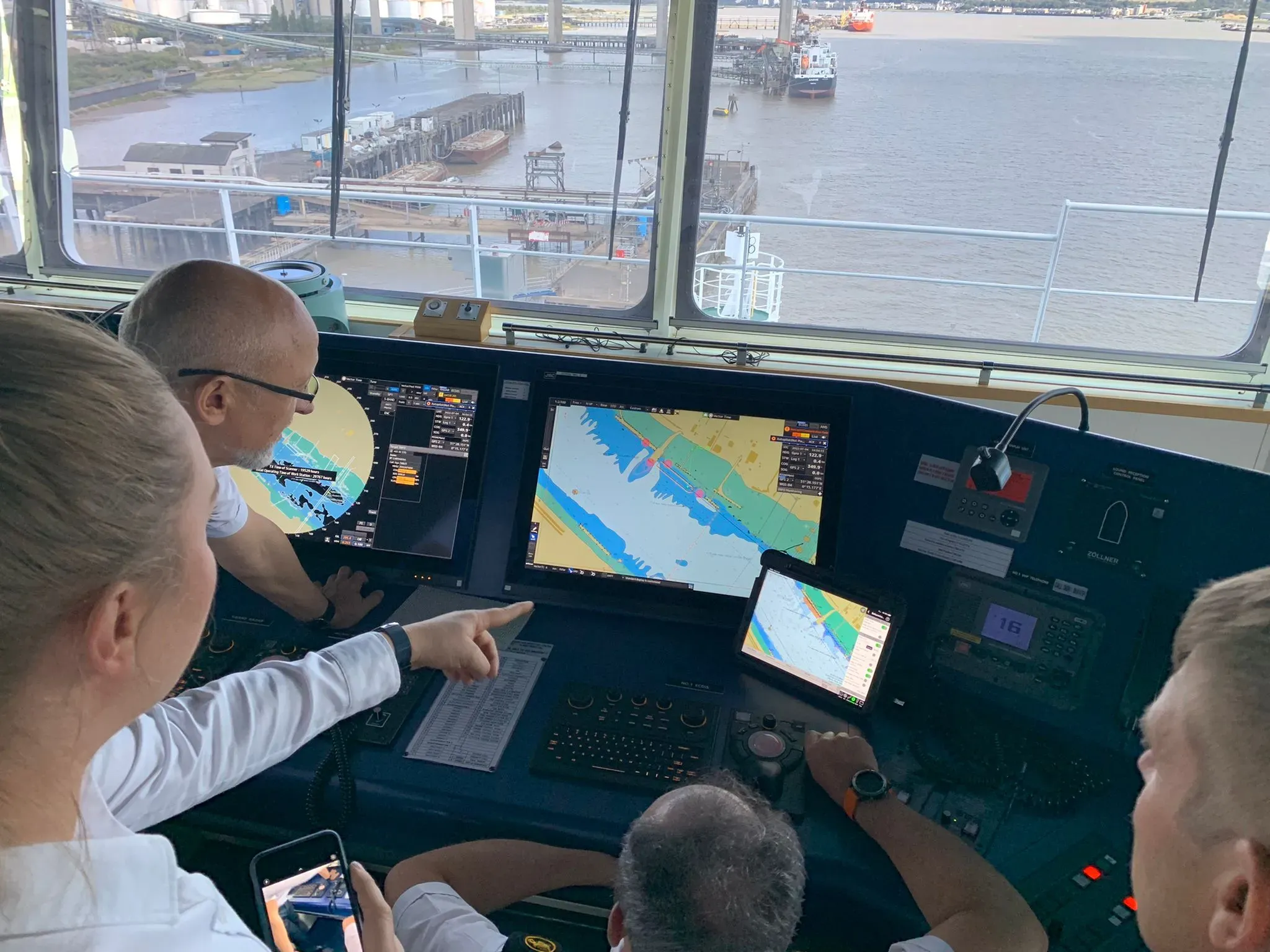
The focus then turned to S-100 product specifications and the pivotal role they could play in addressing some of the significant challenges faced by the industry. With more detailed, accurate information at the users' disposal – all built on a common framework – these standards will underpin more efficient, more optimised shipping operations.
"From a navigational perspective", explained Tom, "this means that numerous digital data sets and overlays will be available to bridge teams to enhance all stages of the passage planning process." From reducing waiting times in port to providing the confidence to navigate in shallower waters, S-100 standards will bring tangible safety benefits, cost-savings and reductions in harmful emissions.
While these product specifications may still be in the development stage, Tom and Jason discussed the testbed activities already undertaken by the UKHO to help make these standards a reality, including its recent sea trials of S-102 Bathymetric Surface in collaboration with the Port of London Authority.
Continuing the discussion
Following the talks, we invited attendees to question Peter, Tom and Jason. Satellite connectivity, S-100 and digital-only charts proved to be popular discussion points. There was also an appetite from audiences to hear about future ADMIRALTY services to support this next chapter of digital navigation, such as new APIs and possible sub-ECDIS solutions.
Discussing the challenges and opportunities with such wide-ranging delegates across the industry was excellent. As it stands, some of the questions raised during our seminars are industry wide and go beyond the UKHO. However, we look forward to working closely with the maritime community to seek some of the answers and play our role in helping the industry navigate this ever-evolving era of technological advancement.


